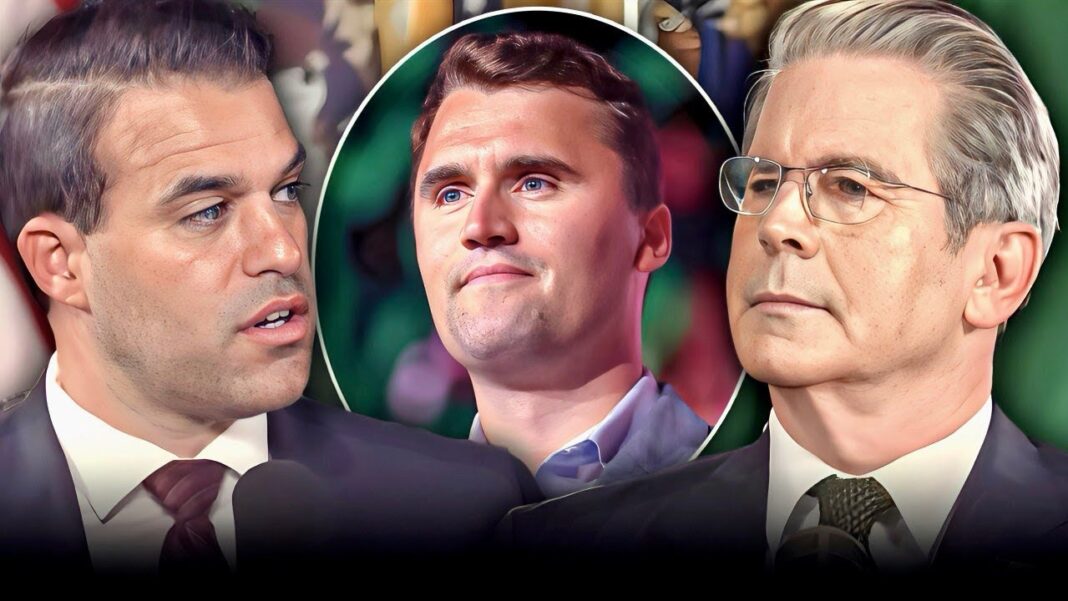The treasury chief says Beijing’s rare earth export curbs are testing the world’s tolerance.
Remarking on the ongoing U.S.–China rare earth export dispute, Treasury Secretary Scott Bessent said during an Oct. 15 news conference that if Beijing refuses to act as a reliable trading partner, the United States and its allies may have no choice but to decouple.
While emphasizing that decoupling—severing trade ties entirely or nearly so—is not Washington’s desired outcome, Bessent said it could become unavoidable given China’s posture in the current standoff over rare earth supplies.
He noted that U.S. auto manufacturers have recently reported slowed shipments of China-made magnets containing rare earth elements, with Chinese officials offering non-credible explanations for the delays.
“If China wants to be an unreliable partner to the world, then the world will have to decouple,” Bessent said. “The world does not want to decouple; we want to derisk. But signals like this are signs of decoupling, which we don’t believe China wants. And again, we do not want to decouple. We should work together to derisk and diversify supply chains away from China as quickly as possible.”
In April, Beijing expanded its export control list to include seven rare earths and magnets made from three of them, rattling global supply chains in defense, electronics, and automotive industries. The move followed President Donald Trump’s steep tariffs on Chinese goods as part of efforts to rebalance what his administration calls unfair trade relations, as well as to curb fentanyl flows into the United States.
Rare earth exports have since swung sharply. In July, Washington and Beijing reached a framework to facilitate shipments, pausing most heavy tariffs for 90 days. Yet disruptions persisted, and on Oct. 9, China added five new rare earth elements and dozens of processing technologies to its restricted list—triggering alarm in Washington. Trump accused Beijing of “sinister and hostile” actions and threatened a new 100 percent tariff on Chinese goods.
On Wednesday, Bessent said that talks with Chinese counterparts are ongoing and reiterated the administration’s stated intent to avoid escalation.
“As the President said, we want to help China, not hurt it. If some in the Chinese government want to slow down the global economy through disappointing actions and economic coercion, the Chinese economy will be hurt the most,” he said.
“And make no mistake, this is China versus the world. They have put these unacceptable export controls on the entire world.”
By Tom Ozimek







